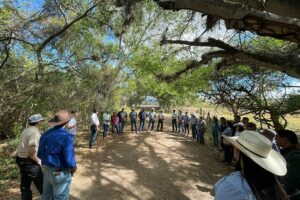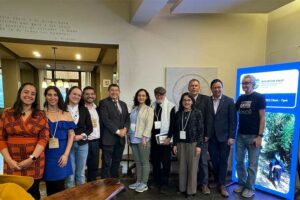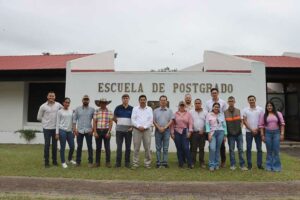Honduras advances in the development of training tools to promote sustainable livestock practices
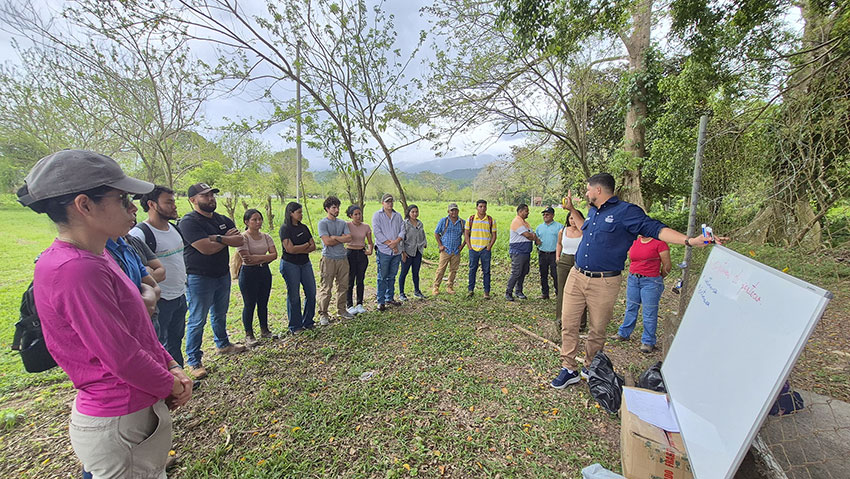
- The aim is to validate technical materials and conduct simulations to strengthen the implementation of Farmer Field Schools in livestock production
With the purpose of strengthening the implementation of Farmer Field Schools (FFS) in livestock production in Honduras, CATIE (Tropical Agricultural Research and Higher Education Center), through the project Transforming the Honduran Livestock Sector into a Low-Carbon Economy (MAF-Ganadería-HN), carried out the second cross-review of training guides and simulations of sustainable livestock practices.
The activity took place from March 24 to 28 at the facilities of the Regional University Center of the Atlantic Coast (CURLA) and brought together key actors from the sector to validate technical materials and reflect on the practical application of the guides in the field.
Throughout the sessions, the review and approval of the training guides and technical sheets developed in previous workshops continued, so that these materials may serve as technical and methodological support for the facilitators who will lead the FFS starting in June in Valle del Aguán, Olancho, and the southern region of the country.
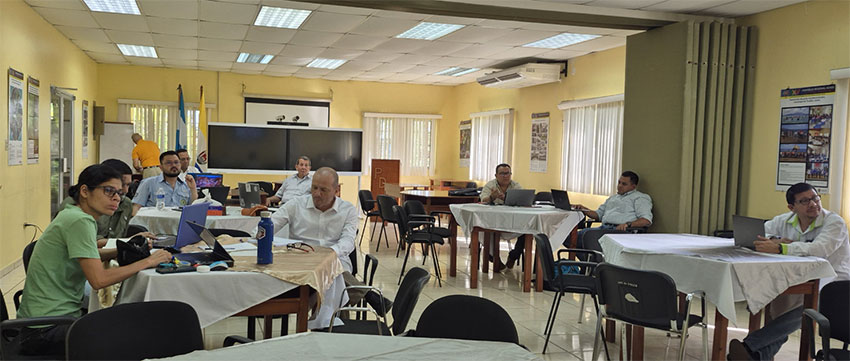
In addition, “simulation exercises of training sessions were conducted by teams, which allowed for collective reflection on the practical use of the guides and the participatory methodology of the FFS. The activity also opened a space for dialogue on the alignment between the methodological approach and technical content, which is essential for strengthening the capacities of livestock producers,” said Juan Carlos Flores, local coordinator of the MAF-Ganadería-HN project.
The initiative included the participation of representatives from the National Federation of Cattle Ranchers of Honduras (FENAGH), Zamorano Agricultural School, the National University of Agriculture and Livestock (UNAG), HEIFER International, FUNDER, and CURLA itself.
As a result of this workshop, five technically reviewed documents are expected to be finalized, corresponding to the prioritized training modules:
- Animal health and reproduction
- Silvopastoral systems
- Animal feeding and nutrition
- Infrastructure
- Livestock management and administration
These documents will proceed to the next phase of approval, design, and layout by CATIE and will represent a key contribution to the development of a more efficient and low-emission livestock sector in Honduras.
Finally, the entire design and implementation process of the FFS will be systematized, with the goal of generating a replicable and adaptable model for other contexts, thus contributing to more robust technical assistance in the country's livestock sector.
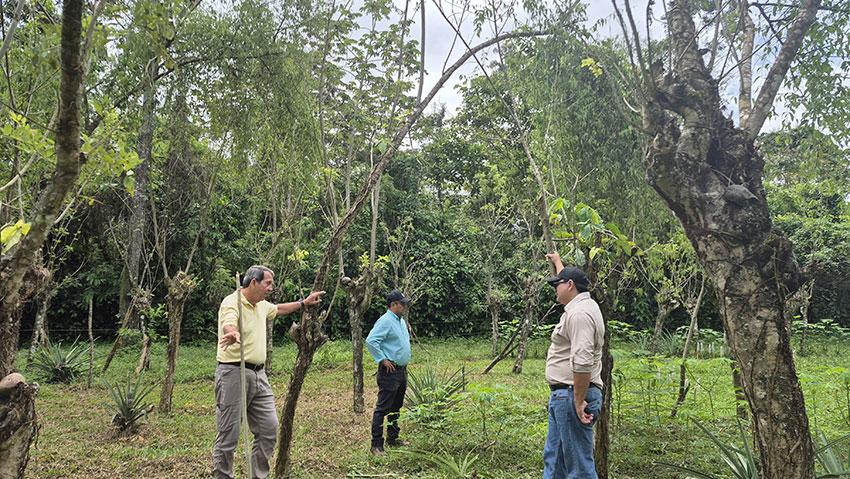
More information:
Juan Carlos Flores
National Coordinator Honduras
Transforming the Honduran Livestock Sector into a Low Carbon Economy (MAF-Ganadería-HN)
CATIE
juan.flores@catie.ac.cr
Written by:
Karla Salazar Leiva
Communications Officer
Communications and Marketing Office
CATIE
karla.salazar@catie.ac.cr

